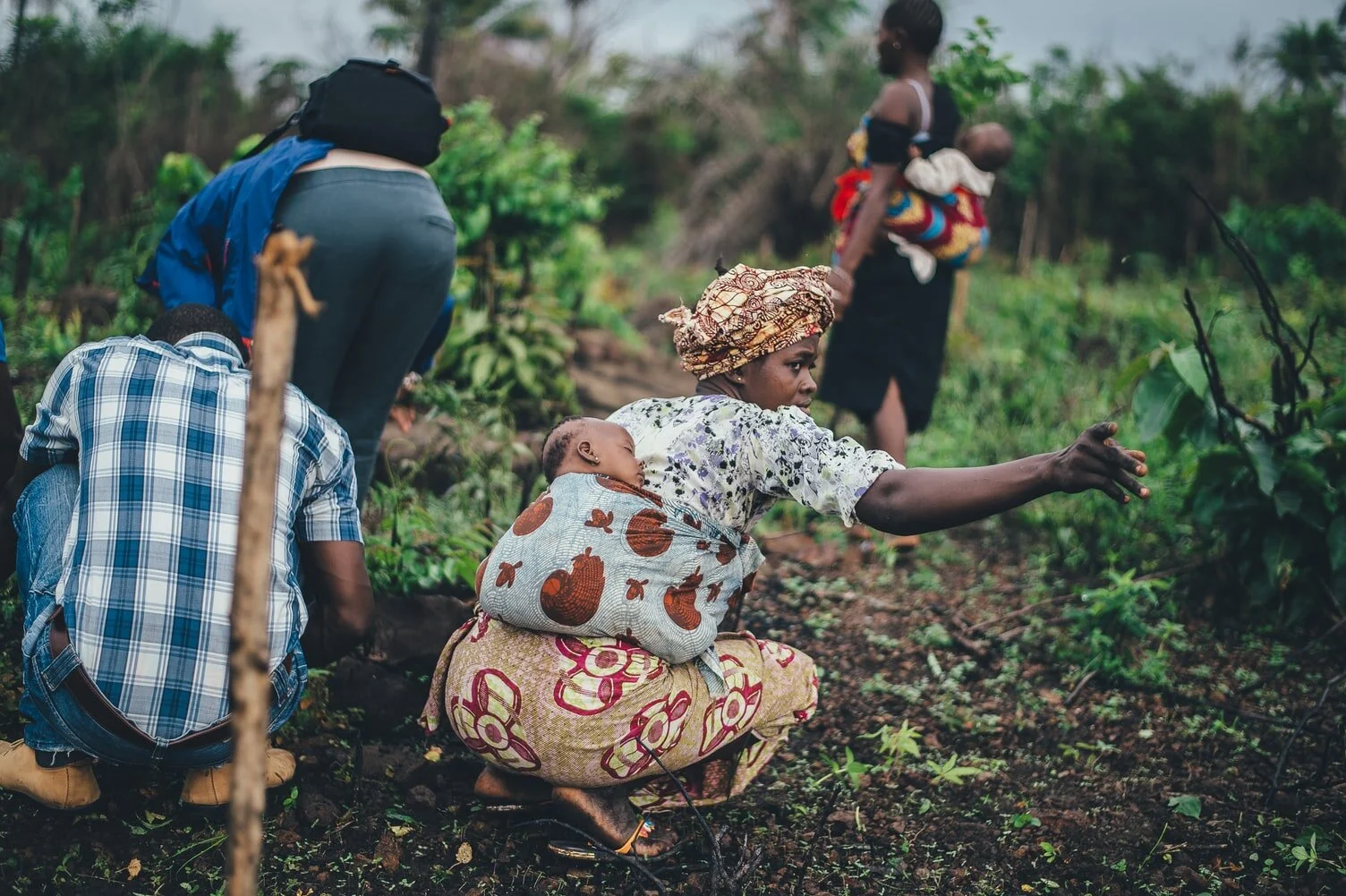African coffee is celebrated for its unique flavors and rich history. While many coffee enthusiasts are familiar with famous varieties like Ethiopian Sidamo, Harrar, and Yirgacheffe, there's a world of lesser-known, highly-rated African coffees waiting to be discovered. Let's take a journey through the coffee farms of Sidama, Harrar, Yirgacheffe, Pamwamba, Kirinyaga, Rwenzori, Ngoli, Boyo, Twende, and Kayanza, and uncover what makes each of these hidden gems so special.
Sidama Coffee (Ethiopia): Sidama coffee hails from the Sidamo region in Ethiopia and is celebrated for its bright acidity, floral notes, and citrusy, lemon-like zing. This coffee's flavor profile often includes subtle sweetness, making it a delightful choice for those seeking a unique coffee experience. Ethiopia, often referred to as the birthplace of coffee, is known for its rich coffee heritage.
Harrar Coffee (Ethiopia): Ethiopia's Harrar coffee is distinct for its bold and spicy flavors, complemented by earthy undertones. What sets Harrar coffee apart is its natural processing method, which involves sun-drying the cherries with the fruit still intact, contributing to its unique, fruity flavor. Ethiopia's coffee culture dates back centuries, making it one of the world's oldest coffee regions.
Yirgacheffe Coffee (Ethiopia): Yirgacheffe coffee, another gem from Ethiopia, offers a delicate, tea-like quality with bright acidity, floral notes, and hints of citrus and peach. Ethiopia is not only famous for its coffee but also for its diverse coffee-growing regions, each with its flavor nuances.
Pamwamba Coffee (Malawi): Pamwamba coffee, grown in the picturesque hills of Malawi, delights with its vibrant, medium-bodied taste featuring bright acidity, fruity notes, and a hint of cocoa. A fun fact about Malawi: it's often called the "Warm Heart of Africa" due to its friendly people and beautiful landscapes.
Kirinyaga Coffee (Kenya): Kenya's Kirinyaga coffee stands out with its bright, juicy acidity and bold fruitiness, often reminiscent of blackcurrants. Kenya, known for its stunning landscapes and wildlife, also produces some of the world's most vibrant coffee beans.
Rwenzori Coffee (Uganda): Rwenzori coffee is grown at high altitudes in the Rwenzori Mountains of Uganda, resulting in a medium to full-bodied cup with bright acidity and notes of tropical fruits and cocoa. Uganda is home to diverse landscapes, including mountains, savannahs, and the stunning Lake Victoria.
Ngoli Coffee (Zambia): Ngoli coffee is celebrated for its medium body, bright acidity, and flavor profile often featuring citrus and floral notes. Zambia is famous for its copper mines and also boasts a growing coffee industry.
Boyo Coffee (Cameroon): From Cameroon's Boyo region, Boyo Coffee offers a medium to full-bodied cup with bright acidity and hints of tropical fruits, citrus, and cocoa. Cameroon, often referred to as "Africa in Miniature," showcases a diverse range of landscapes and cultures.
Twende Coffee (Democratic Republic of Congo): Twende Coffee from the DRC boasts a medium body, lively acidity, and notes of dark chocolate, berries, and citrus. A fun fact about the DRC: it's the second-largest country in Africa, known for its rich history and vast resources.
Kayanza Coffee (Burundi): Kayanza coffee, hailing from Burundi, is celebrated for its exquisite taste with bright acidity, floral notes, and citrusy flavors. Burundi, often called the "Land of a Thousand Hills," offers stunning landscapes and a burgeoning coffee scene.
Some of the coffees listed above may not be as well-known as their counterparts, but they offer a world of unique flavors and experiences waiting to be explored. Each cup tells a story of the region it comes from, making every sip an adventure. So, why not embark on a coffee journey and savor the distinctive flavors that Africa has to offer? You may just discover a new favorite brew that will keep you coming back for more.



